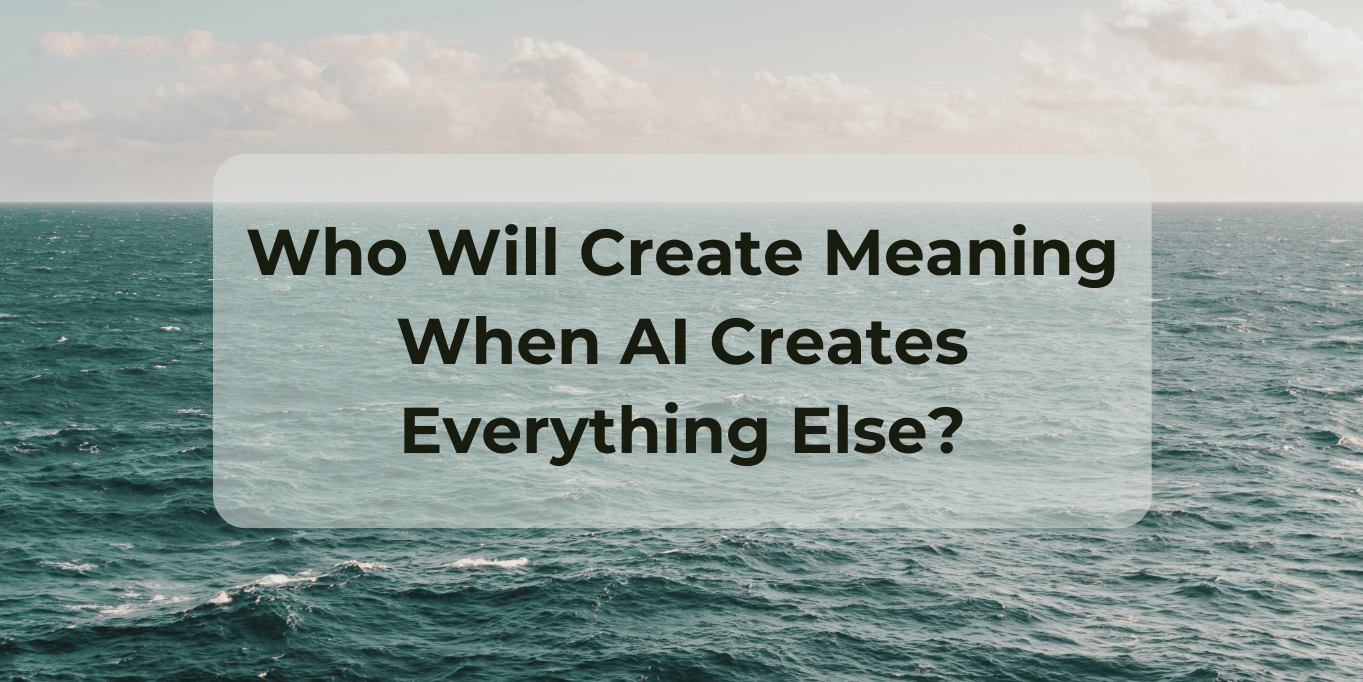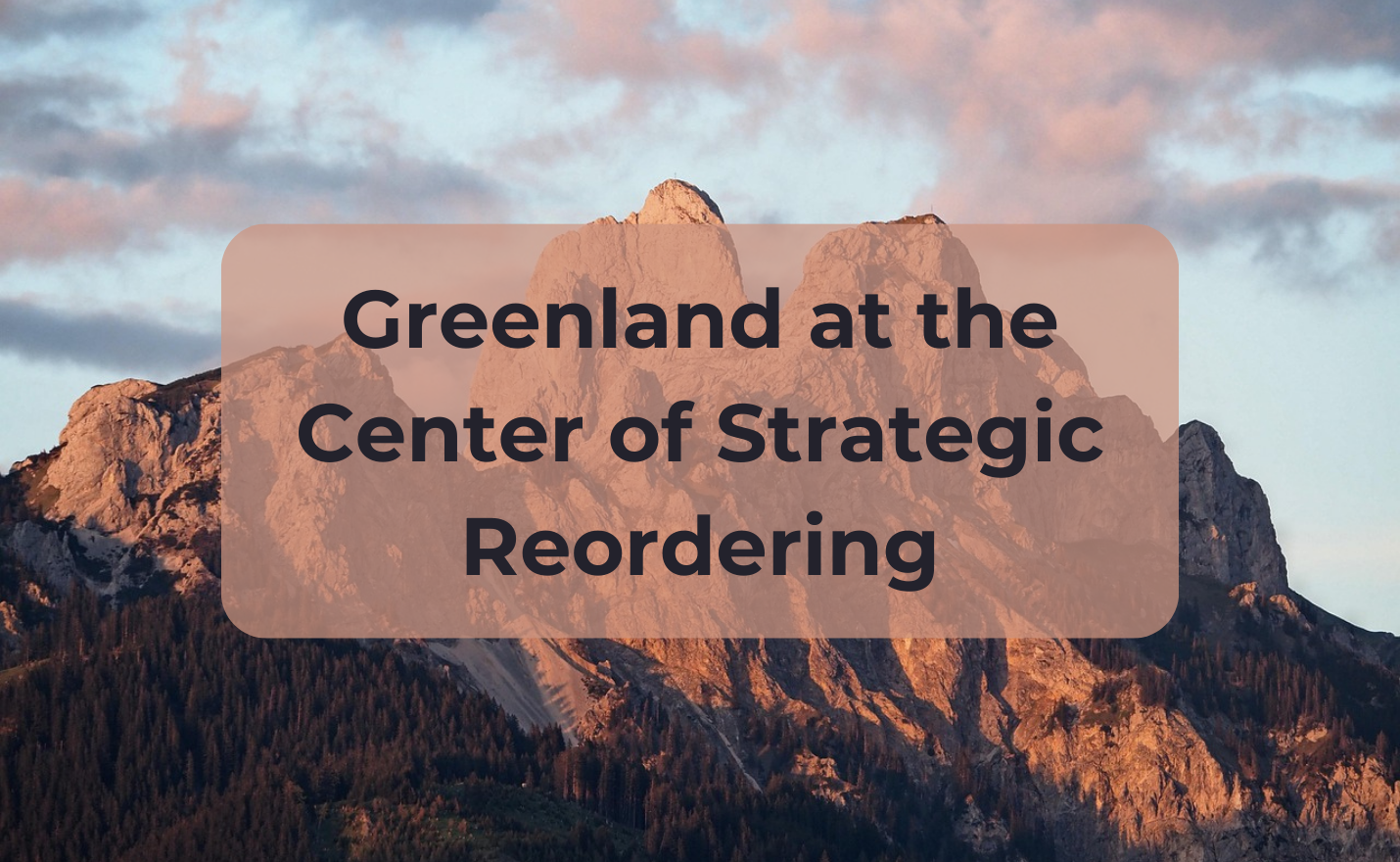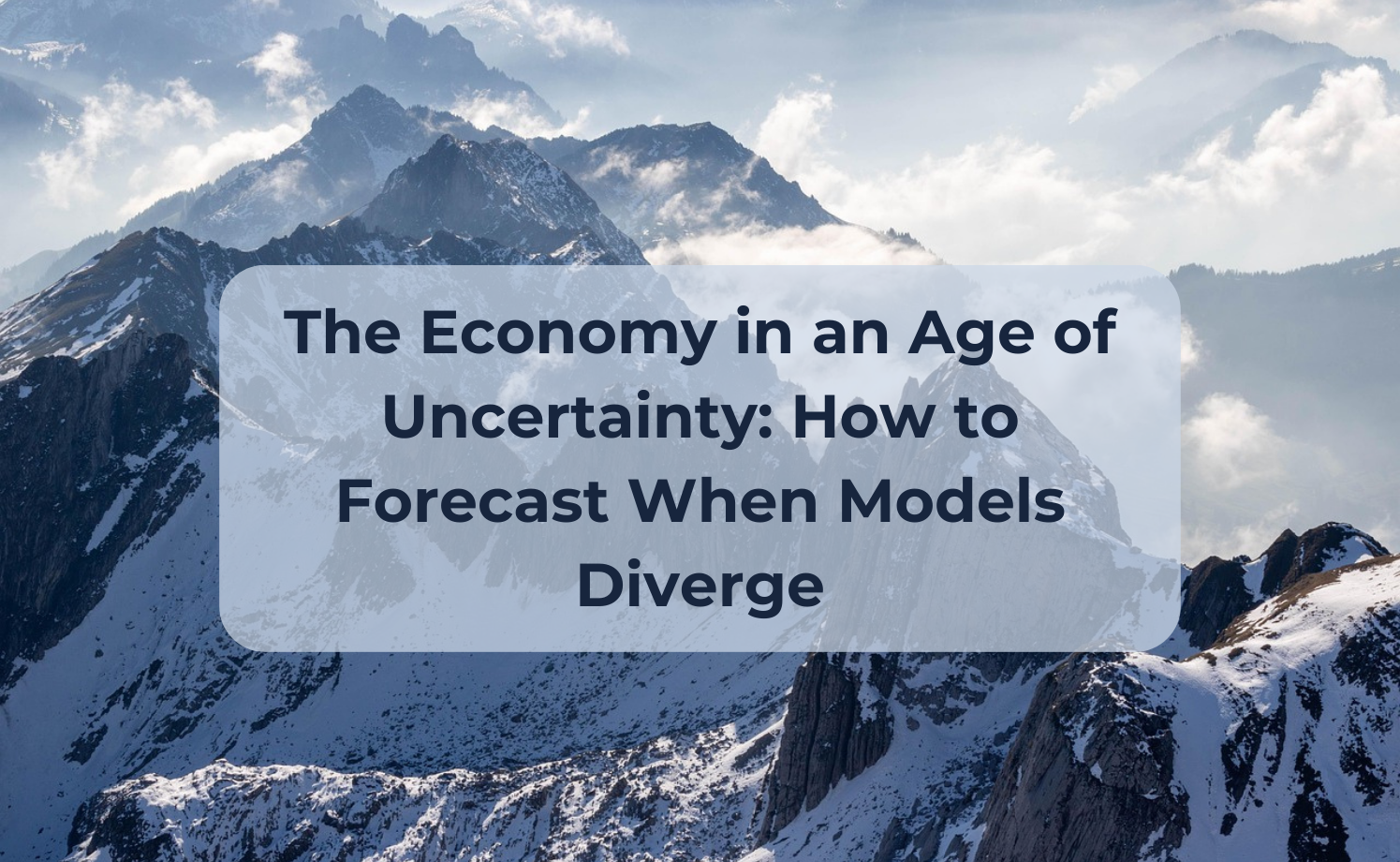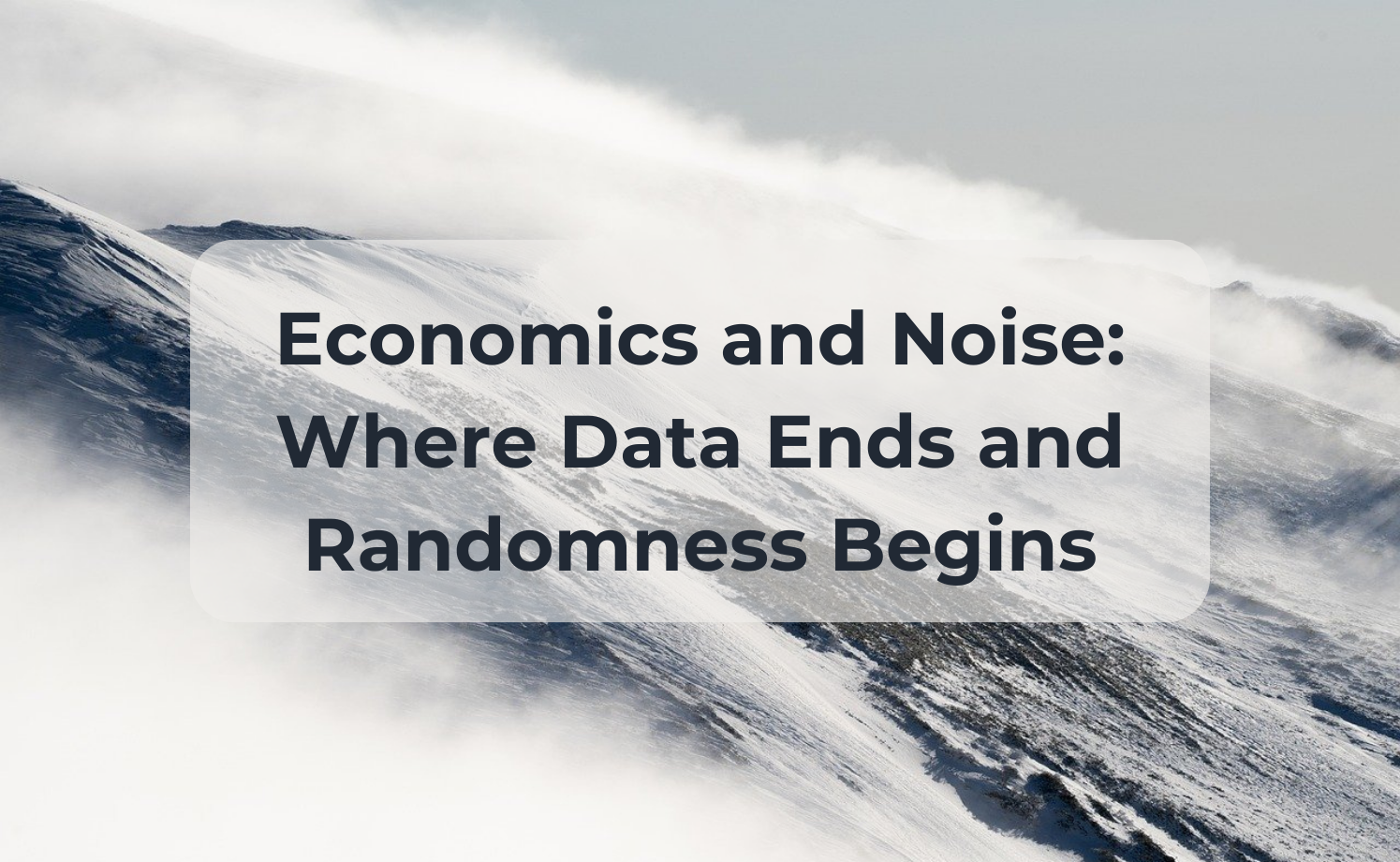Ethics of Artificial Intelligence and the Quest for Human Purpose in the Age of Automation
Introduction: The Dawn of an Automated Future
Artificial intelligence (AI) rapidly transforms how we work, produce, and think. It automates tasks ranging from factory work to complex analysis and creative projects. As a result, machines now perform actions once considered deeply human. This raises a powerful question: Who will create meaning in a world where AI creates everything else?
This question lies at the core of the ethics of artificial intelligence. It’s not just about what AI should be allowed to do. It’s also about what humans must continue to do. In this article, we explore the ethical, existential, and social challenges posed by widespread automation. We also examine Europe’s current trends and offer insights into the future of human purpose through the lens of the ethics of artificial intelligence.
For example, a Eurobarometer survey in February 2025 found that 62% of Europeans positively view AI and robotics in the workplace. Over 70% believe AI boosts productivity. However, 84% of respondents demand strict oversight for privacy and transparency. These figures reflect a growing concern for the ethics of artificial intelligence and its role in shaping policy and practice. Meanwhile, 72% worry that technology could “steal their jobs.” This dual sentiment—hope and fear—illustrates an ethical tension at the heart of the ethics of artificial intelligence.
AI as a Catalyst for Existential Re-Evaluation
Human Beings as the Source of Unique Meaning
As AI refines products, services, and even art, we must ask: What is left for humans to do? The answer may lie in areas AI still cannot fully imitate, such as empathy, emotional depth, and the unpredictable human drive to seek meaning.
Despite AI’s ability to simulate emotion, its responses remain algorithmic. It cannot genuinely feel love, sorrow, or joy, which are the building blocks of authentic meaning. For this reason, human connection and emotional presence will grow in value. In ethical terms, machines may calculate, but only humans can truly feel.
AI can create music and images. However, its output is based on data analysis and mimicry. Human creativity, by contrast, often arises from emotion, intuition, and even mistakes. This kind of creativity reflects the human spirit rather than mechanical logic. As AI improves, originality and emotional resonance will become society’s new standard of value.
Furthermore, humans are defined not just by answers but by questions. Artists, thinkers, and philosophers drive civilisation forward by asking the profound. As AI takes on more practical tasks, humans’ role as meaning-makers becomes even more vital. For example, while AI might suggest medical solutions, humans decide what kind of life is worth living.
Existential Crisis and the Ethics of Purpose
Automation brings an unsettling question: What gives our lives meaning if labour is no longer essential? For centuries, work shaped identity and status. Without it, many may struggle with self-worth.
AI’s capabilities can feel overwhelming. It may seem like an all-knowing force. As a result, some people may surrender not just tasks, but purpose itself. This trend risks creating a “technological religion”—a passive dependence on machines. Ethically, this is dangerous. Humans must remain decision-makers, not spectators.
Surveys show that 72% of EU citizens fear job loss due to technology. Although only 14% of jobs are at high risk of automation, anxiety is widespread. This gap between reality and fear highlights a deeper issue: uncertainty about identity and value in a post-work world.
A more subtle danger also emerges: inequality in access to meaning. What if only a privileged few engage in deep art or scientific innovation while most consume AI-created content passively? This could lead to a cultural divide. Once again, AI ethics urge us to ensure that all individuals can contribute to and shape meaning, not merely consume it.
Practical Steps for a Post-Labour Future
Rethinking Education for Human-Centred Skills
Education must evolve to build a future with less traditional labour. Currently, schools focus on marketable skills. However, as these tasks become automated, we must teach what machines cannot replicate: empathy, ethics, and imagination.
For example, courses in literature and philosophy should be central to curricula. These subjects train students to explore identity, ethics, and purpose. As AI becomes more prevalent, such skills will be critical for preserving humanity’s depth and values.
Reclaiming Leisure as a Core of Purpose
If work no longer defines us, hobbies and passions may take centre stage. Art, sport, and community service might become how people express identity. This shift should not be seen as trivial. On the contrary, it is ethically vital.
Governments and communities must support these non-commercial forms of fulfilment. For instance, public funding for the arts and volunteering can encourage meaningful participation and emotional well-being.
Building New Social Models
Society may need radical reforms to enable this transformation. Universal basic income (UBI) is one such model. It can free people from economic survival concerns, allowing them to pursue creativity, education, or caregiving.
In addition, governments could invest in public spaces for learning, dialogue, and co-creation. These efforts align with AI ethics, which call for empowering, not replacing, human agency.
Meaning as Resistance: Affirming Human Uniqueness
The Role of Art and Emotion
Human-made art becomes a form of resistance in a world flooded with AI-generated content. According to the ethics of artificial intelligence, emotional authenticity and existential depth are irreplaceable elements of creative expression.
While generative AI may produce visually stunning work, it cannot embed lived experience into its creations. The ethics of artificial intelligence uphold this distinction, defending art as a uniquely human act.
Embracing Human Imperfection
The ethics of artificial intelligence reframe human flaws—irrationality, emotion, spontaneity—as strengths. These qualities are not bugs in our system but features of our individuality.
Data shows that most Europeans demand firm AI governance. This concern underscores the urgency of embedding the ethics of artificial intelligence into policy and innovation.
Our expert guidance in business forecasting will help you mitigate threats and transform external challenges into strategic opportunities. [Contact Us]
Conclusion: Rethinking the Human Role in the Age of AI
The question “Who will create meaning when AI creates everything else?” is a direct call to reflect on the ethics of artificial intelligence. AI is a powerful tool, but tools do not define meaning. People do.
To thrive in this future, society must:
- Redefine education with the ethics of artificial intelligence in mind
- Promote non-commercial sources of meaning, such as culture and care
- Enforce ethical governance to protect autonomy and identity
- Encourage philosophical exploration and emotional development
Ultimately, humans will create meaning, not because machines are incapable, but because that is the essence of being human. The ethics of artificial intelligence offer us a compass for navigating this transformation, ensuring that we remain at the centre of the story.





